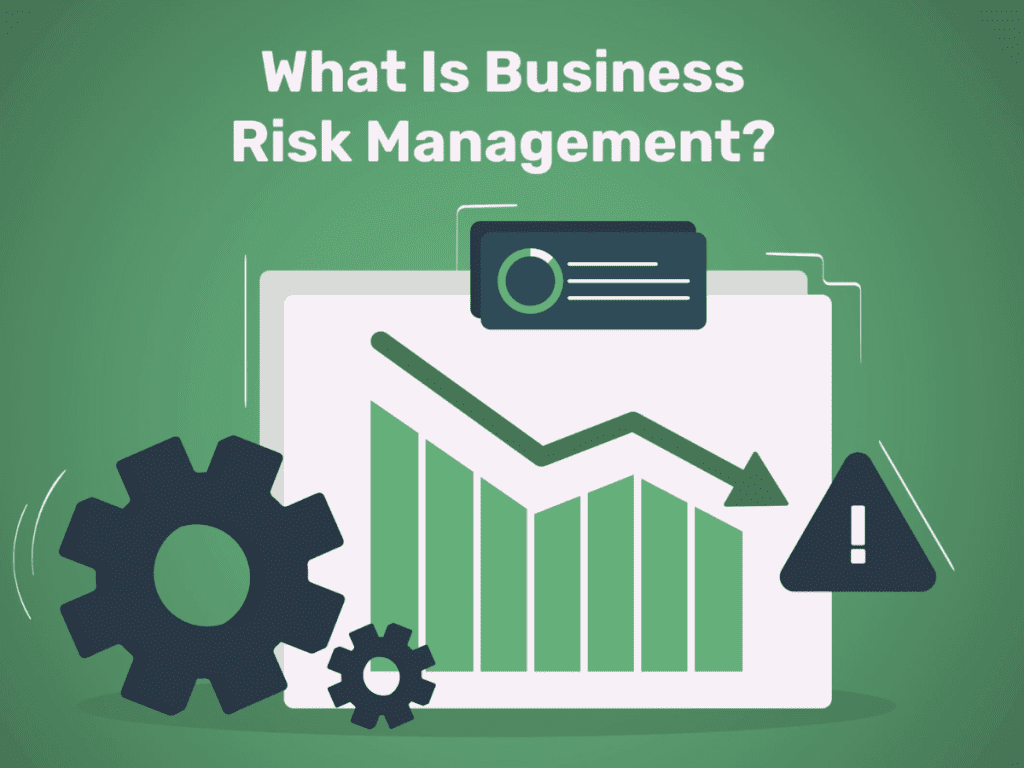Introduction
As a contractor, your job involves numerous risks, from accidental property damage to workplace injuries. Whether you work on residential projects, commercial sites, or specialized tasks, liability insurance is a crucial safeguard for your business. It protects you from financial losses and legal complications arising from unexpected incidents. This guide will provide a comprehensive overview of liability insurance for contractors, detailing its importance, types, benefits, and how to choose the right policy.
Why Liability Insurance is Essential for Contractors
Contracting work comes with inherent risks that can lead to financial and reputational damage. Liability insurance mitigates these risks by covering various scenarios:
- Accidental Property Damage:
- Contractors often work in clients’ homes or businesses, where accidental damage to property can occur. Liability insurance covers repair or replacement costs, protecting your finances.
- Third-Party Injuries:
- If a client, vendor, or visitor gets injured on a job site, liability insurance helps cover medical expenses and potential legal fees.
- Contract Requirements:
- Many clients and project contracts mandate liability insurance as a prerequisite for hiring.
- Reputation Protection:
- Being insured enhances your professionalism and credibility, making clients more likely to trust your services.
Types of Liability Insurance for Contractors
There are several types of liability insurance policies tailored to contractors’ needs:
- General Liability Insurance:
- Covers bodily injuries, property damage, and legal fees resulting from accidents on job sites.
- Example: A falling tool damages a client’s car parked near the site.
- Professional Liability Insurance (Errors and Omissions):
- Protects against claims of negligence, design flaws, or failure to deliver promised services.
- Example: A construction blueprint error leads to project delays and additional costs.
- Product Liability Insurance:
- Covers claims related to defective products or materials used in your projects.
- Example: A faulty wiring installation causes a fire.
- Builders Risk Insurance:
- Provides coverage for structures under construction, protecting against damage caused by weather, theft, or vandalism.
- Example: Materials at a construction site are stolen overnight.
- Workers’ Compensation Insurance:
- Required if you have employees, it covers medical expenses and lost wages for work-related injuries or illnesses.
- Example: A worker injures their hand while operating machinery.
- Commercial Auto Insurance:
- Covers vehicles used for business purposes, including accidents, theft, or damage.
- Example: A company truck collides with another vehicle while transporting materials.
Benefits of Liability Insurance for Contractors
Having liability insurance provides peace of mind and financial security. Key benefits include:
- Financial Protection:
- Covers out-of-pocket costs for damages, medical expenses, and legal fees.
- Compliance:
- Ensures you meet legal and contractual obligations, allowing you to take on larger or more complex projects.
- Client Confidence:
- Demonstrates professionalism and reliability, attracting more clients and partnerships.
- Business Continuity:
- Protects your business from financial ruin due to lawsuits or accidents.
- Customizable Policies:
- Policies can be tailored to your specific trade, whether you’re a plumber, electrician, or general contractor.
How to Choose the Right Liability Insurance
Selecting the appropriate liability insurance involves careful consideration of your business needs. Here’s how to choose the right policy:
- Assess Your Risks:
- Identify the risks associated with your trade. For example, a roofing contractor faces different risks than an interior designer.
- Determine Coverage Limits:
- Ensure the policy covers potential high-cost scenarios. Most general liability policies offer $1 million per occurrence and $2 million aggregate limits.
- Review Contract Requirements:
- Some clients or municipalities may require specific coverage amounts or types of insurance.
- Consider Additional Policies:
- Combine general liability with other coverage types, like workers’ compensation or commercial auto insurance, for comprehensive protection.
- Shop Around:
- Compare quotes from multiple providers to find the best combination of coverage, cost, and customer service.
- Work with a Broker:
- An insurance broker can help you navigate complex policies and tailor coverage to your unique needs.
Cost of Liability Insurance for Contractors
The cost of liability insurance varies based on factors such as:
- Business Size:
- Larger businesses with more employees or higher revenue may pay higher premiums.
- Industry:
- High-risk trades like roofing or demolition typically face higher costs.
- Coverage Limits:
- Higher coverage limits result in higher premiums.
- Claims History:
- A history of frequent claims can increase premiums.
- Location:
- Geographic factors, like local regulations or crime rates, can influence costs.
On average, general liability insurance for contractors costs between $400 and $1,500 annually, depending on these factors.
Real-Life Scenarios Highlighting the Importance of Liability Insurance
- A Plumbing Mishap:
- A plumber accidentally damages a client’s expensive flooring while fixing a leak. General liability insurance covers the repair costs, saving the plumber thousands of dollars.
- Injury on the Job Site:
- A client trips over tools left on the ground and sustains an injury. Liability insurance covers the client’s medical bills and legal fees, protecting the contractor from financial loss.
- Defective Installation:
- An electrician’s faulty wiring leads to a fire in a commercial building. Professional liability insurance helps cover the damages and legal claims.
- Material Theft:
- A construction site is targeted by thieves who steal valuable building materials. Builders risk insurance compensates for the loss, allowing the project to continue without significant delays.
Common Mistakes to Avoid
- Underestimating Coverage Needs:
- Choosing a policy with low coverage limits can leave you vulnerable to significant financial losses.
- Ignoring Exclusions:
- Understand what isn’t covered by your policy to avoid surprises during a claim.
- Not Reviewing Policies Regularly:
- As your business grows or changes, your insurance needs may evolve. Regularly update your coverage to match your current risks.
- Skipping Additional Coverage:
- Neglecting policies like professional liability or workers’ compensation can lead to gaps in protection.
Tips for Reducing Liability Insurance Costs
- Bundle Policies:
- Purchase multiple types of coverage from the same provider to qualify for discounts.
- Implement Safety Measures:
- Reduce risks by adhering to strict safety protocols and providing employee training.
- Maintain a Clean Claims History:
- Avoiding claims can help you negotiate lower premiums over time.
- Increase Deductibles:
- Opting for a higher deductible can lower your premium, but ensure it’s an amount you can afford.
Conclusion
Liability insurance is a vital investment for contractors, offering financial protection and peace of mind in an unpredictable industry. By understanding the types of coverage available and tailoring policies to your specific needs, you can safeguard your business against potential risks and build trust with clients.
Take the time to assess your risks, shop around for policies, and consult with insurance professionals to ensure you have the right coverage. With the right liability insurance in place, you can focus on growing your business, knowing you’re protected from the unexpected.

